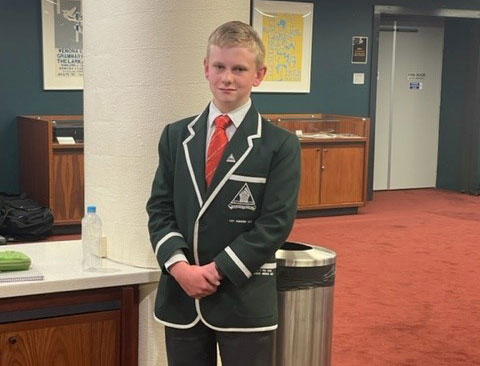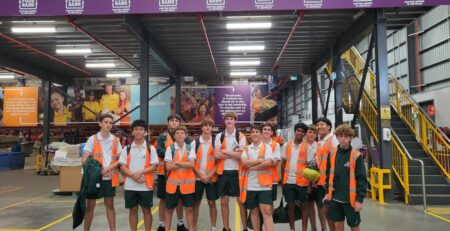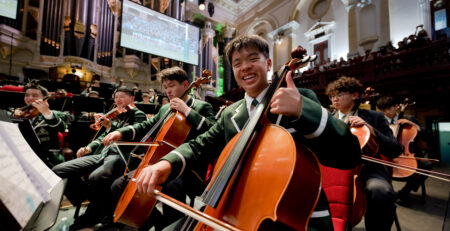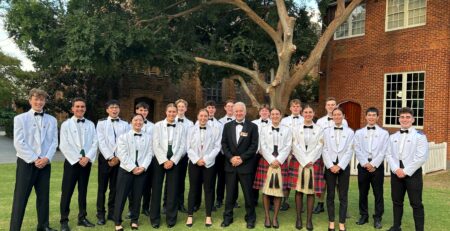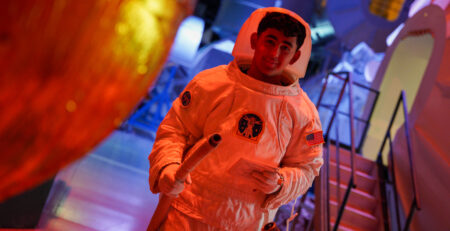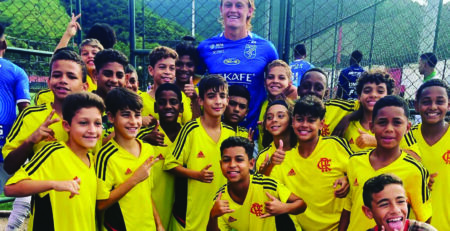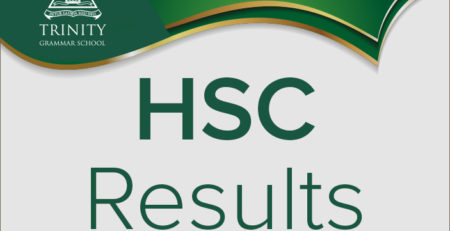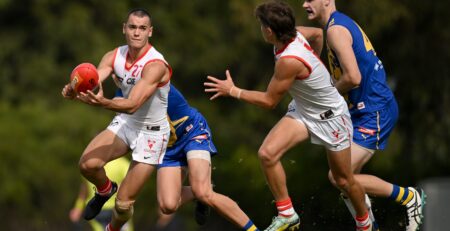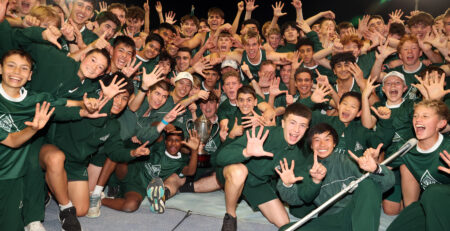Debating News: Representative Debating Contest
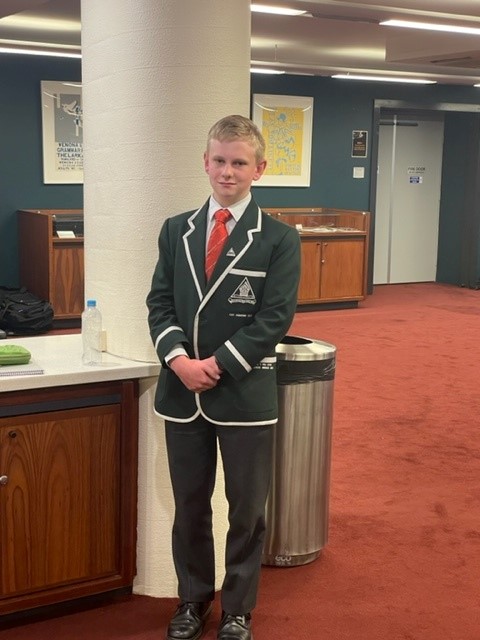
Wednesday, August 31 marked the beginning of a highly prestigious but mostly unrecognised branch of the CAS representative competitions – CAS representative debating. Annually, the 12 best speakers from the various CAS schools are selected and funnelled into teams to compete in high-calibre debates against representative teams from the GPS, CHS and IGSA schools.
I was quite surprised to learn a couple of weeks ago that I had been selected for one of these teams, mostly because I didn’t even know about the competition, its format, or its method of selection. This was a particularly momentous feat for myself and for Trinity in general, as I was the first Trinitarian to be selected for such a prestigious position for many years.
Being one of the select few students from Trinity to ever be accepted into such an advanced team, I felt an enormous responsibility to perform well and represent Trinity’s debating ability. I was to join a team of three other high-calibre speakers, two students from Knox Grammar and one from Barker College for three debates on issues ranging from enforcing a workplace return-to-office policy, plea bargains in the judicial system, to the question of automation in industries. We were the negative team in all three debates, and I spoke as the first speaker for each debate. Overall, we managed to perform extremely well in all three debates, despite being given some very difficult topics and viewpoints to argue.
The debates have now since concluded, and while the three CAS representative teams did not come first overall and narrowly lost to the Combined High Schools, we did learn many valuable lessons while arguing some genuinely challenging topics, the likes of which we had never seen previously in the mainstream CAS and ISDA competitions. Although I felt that my team and I debated to a level well above that of any typical CAS or ISDA debate, we were also forced into the realisation that there is still much room for us to improve.
If we choose to live in our placid islands of arrogant ignorance, content with our own abilities and proud of our own achievements, we will never improve. Only when we gaze upon the infinite vastness of what we have yet to accomplish do we find ourselves yearning to improve further. In my time in this highly advanced competition, I witnessed many advanced and esoteric structural and argumentative techniques, the likes of which I had never even seen before. Instead of scaring or humbling me, the discovery of these techniques encouraged me to improve my abilities even further. At the conclusion of the competition, I now possess a vastly improved knowledge of debating, allowing me to perform better in competitions, as well as improving my ability to advise other debaters on how to improve their own abilities.
Ultimately, while being selected for this competition was a major achievement in the School’s history, and while I immensely enjoyed the difficulty of the topics we were assigned, the real value of the experience was the taste of potential that it gave me, encouraging me to further improve my abilities to fully maximise my potential.
W. Taplin (11WH)

